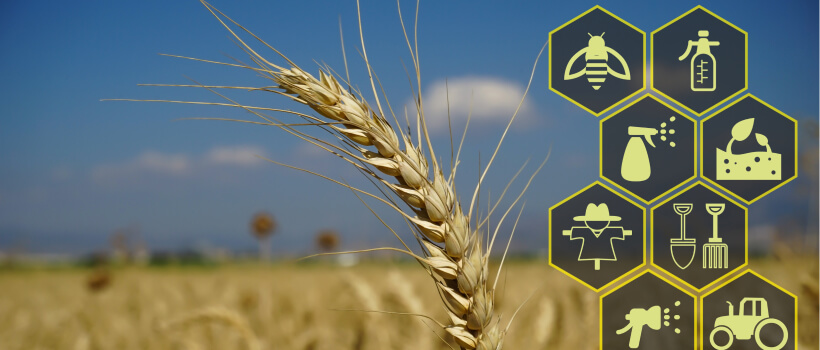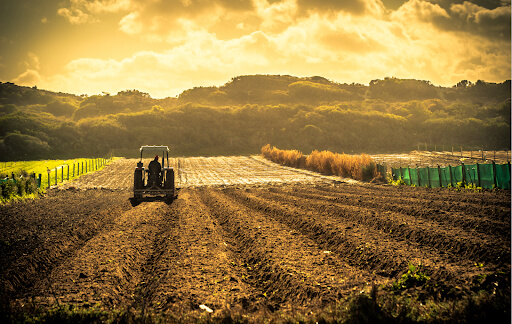 1-800-805-5783
1-800-805-5783 
The dawn of digital agriculture is upon us, and with it comes an array of technologies designed to increase efficiency and transparency in the food production and distribution process. Central to this revolution is the use of blockchain in agriculture. By integrating blockchain technology and smart contracts, stakeholders can create a more transparent, secure, and efficient agricultural system.
Blockchain technology has the potential to profoundly reshape agriculture. At its core, a blockchain is a transparent, immutable ledger of transactions. This means that once data is recorded, it cannot be altered, providing an unparalleled level of trust and accountability. In agriculture, this technology can be used to record a wide array of data, from planting, watering, and fertilizing crops to tracing the journey of produce from farm to table.
By harnessing blockchain in agriculture, we can ensure transparency and traceability throughout the entire food supply chain. Every transaction and exchange can be recorded on the blockchain, from the time a seed is planted, to when it is harvested, processed, and finally reaches the consumer. This level of detail can be critical in quickly identifying and addressing issues, such as outbreaks of foodborne illnesses, reducing the impact, and improving response times.

Smart contracts – self-executing contracts with the terms of the agreement directly written into code – are another innovative application of blockchain in agriculture. These contracts automatically enforce and execute themselves when certain conditions are met, eliminating the need for intermediaries and reducing the chances of disputes.
For instance, a farmer could use a smart contract to automatically sell crops to a distributor once they reach a certain size or maturity level. The data can be collected through IoT (Internet of Things) devices and instantly recorded on the blockchain. This process reduces paperwork, streamlines operations, and expedites payments, all while maintaining a high level of security and transparency.
The application of blockchain in agriculture signals a major step forward in the era of digital agriculture. While the technology is still in its early stages, the potential benefits are vast. From improving food safety and reducing fraud to promoting fair trade and sustainable farming practices, blockchain can address many of the challenges facing the agriculture industry today.
Moreover, the combination of blockchain technology with other digital innovations such as artificial intelligence, drones, and precision farming can unlock even greater potential. The future of digital agriculture is set to be more transparent, more efficient, and more sustainable thanks to the revolutionary power of blockchain.As we move forward, embracing the use of blockchain in agriculture will be crucial. In the face of a rapidly growing global population and increasing demands on our food system, the need for efficient and sustainable farming practices has never been greater. Blockchain technology, with its promise of transparency, security, and efficiency, might just be the key to unlocking the future of digital agriculture.